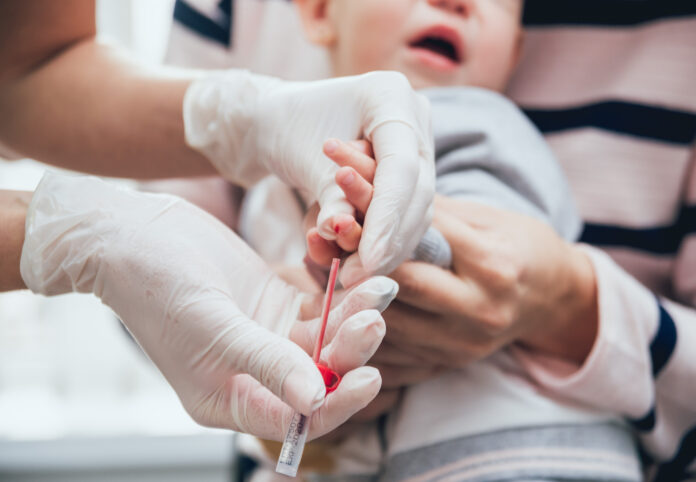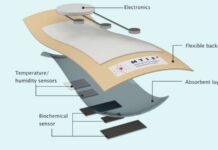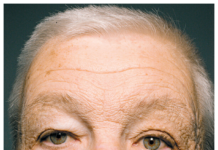KEYTRUDA, Merck’s anti-PD-1 therapy, received FDA approval for the adjuvant treatment of melanoma in adults and pediatric patients.
Although less common than other skin cancers, melanoma is the most aggressive out of all. In the U.S., the incidence of melanoma has steadily risen over the past few years. Moreover, it accounts for a huge majority of skin cancer-related deaths in the country. Surgical excision remains the gold treatment for melanoma. However, the recurrence rate for the tumor remains high, especially among those with stage II and III disease. Therefore, the team at Merck developed KEYTRUDA for the recurrence-free survival of these patients.
Today’s approval of pembrolizumab for the adjuvant treatment of patients 12 years and older with stage IIB and IIC melanoma following complete resection is an important advance that provides these patients with a new option that can help reduce the risk of their cancer returning.
Dr. Jason Luke, director, Cancer Immunotherapeutics Center at UPMC Hillman Cancer Center
According to FDA’s statement, the drug is approved for use in adult and pediatric patients (12 years or older) with stage IIB or IIC melanoma.
What is KEYTRUDA?
KEYTRUDA contains a monoclonal antibody, pembrolizumab. The anti-programmed death receptor-1 (PD-1) therapy blocks the interaction between various receptors and in turn activates T lymphocytes. Thus, boosting the immune system’s ability to fight and detect tumor cells. The team at Merck hopes to use it as adjuvant therapy for melanoma patients after tumor resection.
KEYTRUDA was the first anti-PD-1 therapy to be approved in metastatic melanoma in the U.S. seven years ago. Since then, we have built on this foundation in melanoma and have expanded the use of KEYTRUDA into earlier stages of this disease.
Dr. Scot Ebbinghaus, vice president, clinical research, Merck Research Laboratories.
FDA’s approval is based on the results from the phase 3 KEYNOTE-716 trial. Researchers recruited 976 patients with completely resected stage IIB or IIC melanoma. The patients either received an adult or pediatric dose of pembrolizumab every three weeks for a year. Compared to the placebo group, those that received the adjuvant therapy had a significant improvement in recurrence-free survival.
Typically, patients with stage IIB or stage IIC melanoma have a 32-46% risk of recurrence. Similarly, stage III patients have a recurrence rate of 39-74%. As a result, researchers are busy working on medications and vaccines that can help increase survival among these patients.
Source: FDA




